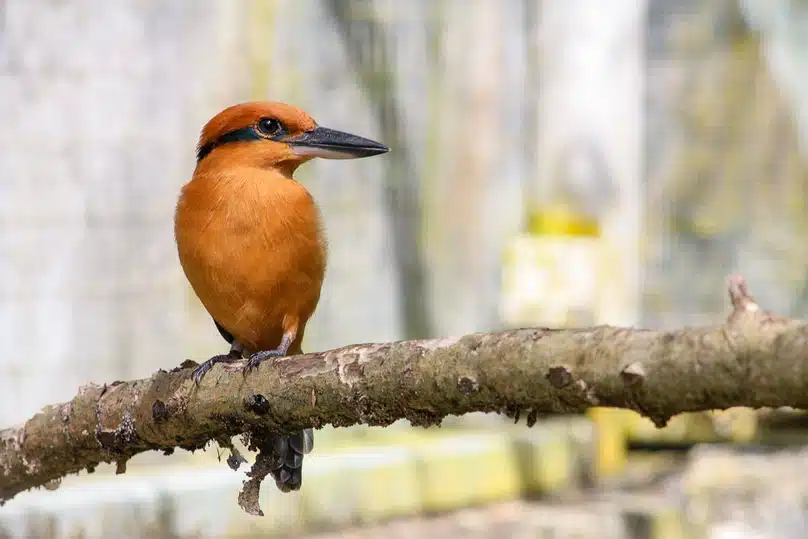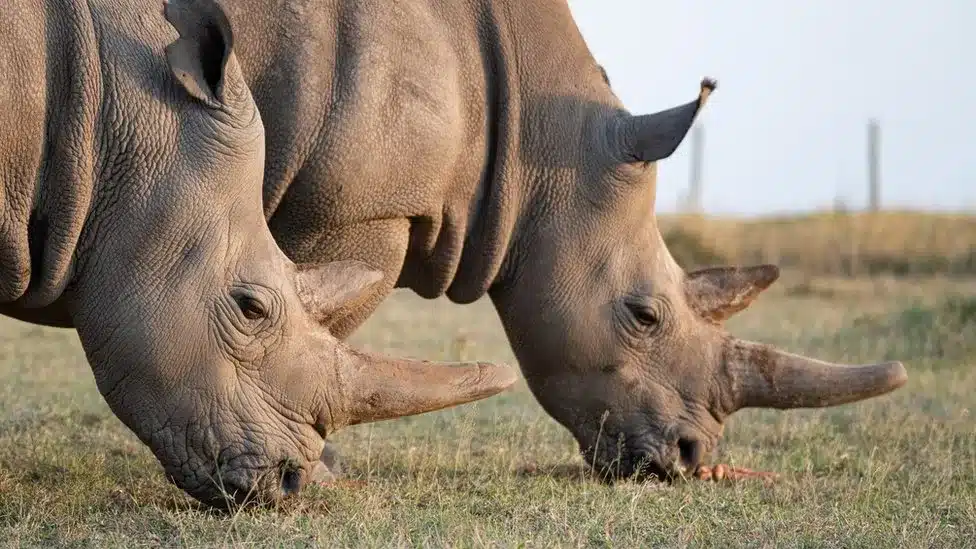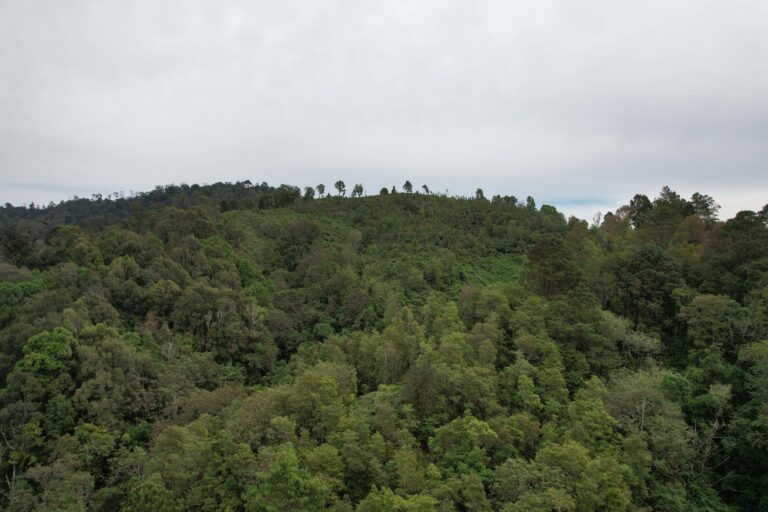Wondering what went right this week in the conservation world? We’ve got you covered with our Conservation Optimism Round-Up! We are collating stories of optimism from around the globe so that you never miss your dose of weekly motivation.
(Featured image credit: John Ewen)
1. World’s first IVF rhino pregnancy ‘could save species’
“Scientists have achieved the world’s first IVF rhino pregnancy, successfully transferring a lab-created rhino embryo into a surrogate mother. The procedure was carried out with southern white rhinos, a closely related sub-species of northern whites.
To achieve the first successful embryo transfer in a rhino is a huge step,” said Susanne Holtze, a scientist at Leibniz Institute for Zoo and Wildlife Research in Germany, which is part of the Biorescue project, an international consortium trying to save this species.” There are only two northern white rhinos left in the world.
Image Credit: Jan Zwilling
2. Mexico announces 20 new protected areas despite budget cuts
“Mexico’s government recently announced the creation of 20 new protected areas across 12 states and two coastal areas in the country, covering roughly 2.3 million hectares (5.7 million acres). This follows a series of budget cuts to the nation’s environmental agencies.
Officials introduced four new national parks, four “flora and fauna protection areas,” seven sanctuaries, two biosphere reserves and three “natural resources protection areas” under the protection of the National Commission of Protected Natural Areas (CONANP).”
Image Credit: Joaquín Núñez Medrano
3. Palau Takes the Lead in the ‘Race for Ratification’
“The High Seas Alliance applauded Palau for being the First nation to officially ratify the historic High Seas Treaty at the United Nations headquarters on Monday, January 22, 2024, and urged other countries to accelerate their efforts.” The High Seas Treaty is the result of long years of negotiation, and adresses the “many governance gaps that have plagued the ocean, setting out clearer ways to conserve biodiversity in the high seas.”
Palau has officially become the first nation to ratify the High Seas Treaty!
— Synchronicity Earth (@SynchEarth) January 23, 2024
Follow @HighSeasAllianc to follow the progress in the #RaceForRatification.https://t.co/pdIHQwVSpd #ConservationOptimism
4. First bison born in Kent rewilding project
“The first European Bison conceived at a rewilding project in Kent has been born. This takes the number of animals in the herd near Canterbury to six. A spokesman for Kent Wildlife Trust said this birth was the “best present” for conservation charities “proving the success of the bison project”.”
The matriarch of the herd, a 19-year-old bison, became pregnant shortly after the bull arrived from Germany in December 2022, and she gave birth to the male calf in mid-November. https://t.co/Z86VJRPU4N #rewilding
— Citizen Zoo (@CitizenZoo) January 27, 2024
5. Iberian lynx and wolves: cross-border efforts kick off to support ongoing comeback
“Starting this month, the Rewilding Portugal team are coordinating cross-border, multi-partner efforts to enhance the recovery of Iberian lynx and Iberian wolf populations south of the Douro River. […]
In Spain and Portugal, the Iberian lynx and Iberian wolf are both keystone predators whose populations are unnaturally low as a result of various human factors. Although both species are now making a tentative comeback in parts of the Iberian Peninsula, sustaining their recovery will depend on continuing and stepping up efforts to promote coexistence with people, and also to improve habitat conditions”
🐾 @RewildingPortug kicks off a new cross-border collaboration supporting #IberianLynx and #Wolves comeback! 🐺
— Rewilding Europe (@RewildingEurope) January 19, 2024
Backed by the @LIFEProgramme, the team and partners will boost conditions for recovery of these essential predators 👇 #Coexistence #Rewildinghttps://t.co/y00wwMIqA7
6. Ireland’s largest protected area for marine birds to be created
“The Seas off Wexford Special Protection Area (SPA) – which are special sites designated under the EU Birds Directive to protect vulnerable and migratory birds – will be bigger than the county itself.
Minister of State for Nature Malcom Noonan said it would be the largest area to be protected for birds in the history of the State. The new protection area adjoins eight other sites already designated in that area, four of which seek to protect breeding seabirds.”
A new #MPA in #Ireland now conserves 305,000 #marine hectares, the country's largest #protectedarea for #birds, including species like the Atlantic #Puffin! #nature #wildlife #biodiversity #optimism #ocean #conservationoptimism #LetNatureThrivehttps://t.co/D0BvEC05T5
— Global Conservation Solutions (@_GCS_) January 25, 2024
7. The Guam kingfisher could soon return to the wild after a 30-year absence
“Once extinct in the wild, the California Condor now soars across the western United States thanks to successful breeding in captivity that allowed their later reintroduction to the wild. Now, a dedicated team is poised to do the same for the bright red and blue Guam Kingfisher. Endemic to Guam and extirpated on the island since 1988, these birds may soon fly free on a Pacific island—one more than 3,000 miles from their native home.”
The most beautiful and precious of the kingfishers. Extinct in the Wild since the 1980s but with first releases planned for 2024! Male #sihek #GuamKingfisher on left and female on right. @OfficialZSL @ZSLScience @USFWSPacific pic.twitter.com/yQczE814YB
— John Ewen (@hihinews) January 24, 2024
Have a story to share for our weekly round-up? Use #ConservationOptimism on Twitter, Facebook, LinkedIn and Instagram!




